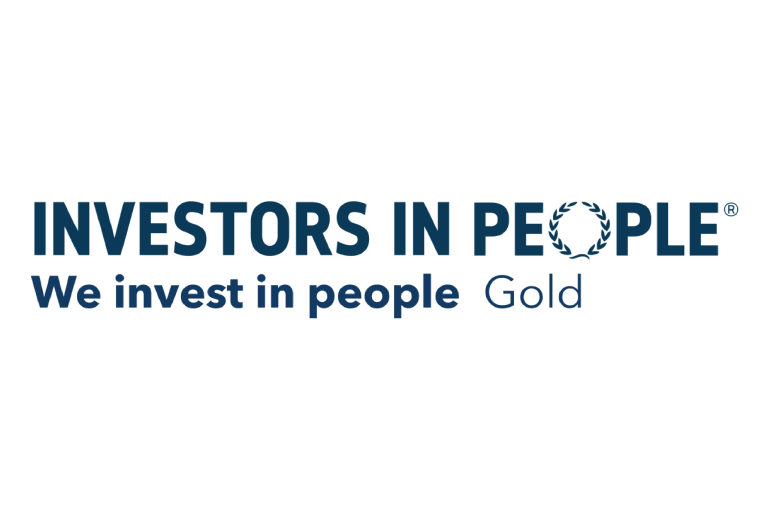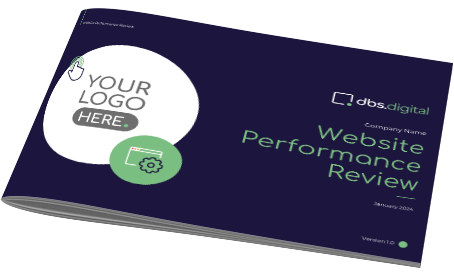Website security is essential to prevent cyberattacks, data loss and damage to the reputation of your business. It involves the protection of hardware, software, and sensitive data within a website from multiple types of attacks. Let’s run through these type of attacks in further detail:
- DDoS attacks: these can either slow down or completely crash your website, removing all functionality and making it inaccessible to users.
- Malware: malicious software is used to steal sensitive information from the data you hold on your customers, as well as distributing spam.
- Blacklisting: if your website is found to contain malware, search engines will blacklist your site and remove it from their results pages.
- Vulnerability exploits: cybercriminals will exploit weak areas on a website, such as outdated plugins, and use this to access stored data.
- Defacement: this is where your website’s content is entirely replaced with malicious content from a cybercriminal.
The Importance of Cybersecurity
Every website on the internet should be properly protected against security breaches. Although hosting providers protect the server that the website is on, they don’t protect the website itself (unless you have a maintenance package with them). It is your responsibility to ensure your website is protected.
Putting in place cybersecurity measures now will cost your business a lot less than if it were to be attacked by cybercriminals. These attacks are often hard to spot as the hackers discreetly enter sites and stay hidden until the damage is already done. Prevention is always better than cure when it comes to website security.
Website Security Measures To Implement
We have put together a guide on the best security measures you can take to improve your website’s security, and keep it protected from cybercriminals.
1. Choose secure passwords & keep them updated
This is one of the best security measures you can put in place to protect your website. Create strong passwords for users to log into your website (password generators are great for this), and remember to change passwords on a regular basis too.
2. Make sure your website has an SSL certificate
The next thing to do is install a Secure Sockets Layer (SSL) certificate for your website. When you go onto any website and it has the little padlock next to the address bar, this indicates you are on a secure website. An SSL certificate keeps personal information on your website secure, such as debit and credit card payments. It also instils confidence and trust with your customers as they will see the padlock and know your website is secure.
3. Choose a good Content Management System (CMS)
Content Management Systems (CMS) don’t just allow you to manage content on your website, they also help with security too. WordPress, for example, is a platform that takes website security seriously and regularly updates their software to ensure everything is as safe as possible.
4. Updated your plugins regularly
If you have a CMS platform then you will probably have access to plugins and tools to help provide extra security for your website. It is really important that you keep all of your plugins updated (even those which aren’t security-related), as this is where hackers tend to target. With outdated and insecure plugins, your website is likely to come under threat. So don’t ignore those notifications that pop-up when you log on!
5. Backup & regularly test your website
Performing regular backups on your website is really important so that in the event of a cyber-attack, you are able to retrieve data. It also means that if your server fails, you can restore your website to its last backup and get it up and running quickly. Be sure to test your website after you have performed backups and updates too, just in case any errors have occurred. By regularly testing the pages on your website, you will reduce the risk of any security issues.
If you are looking to improve the security of your website, the expert team at DBS Digital are on hand to help. Contact us for more information to help keep your website visitors safe.









